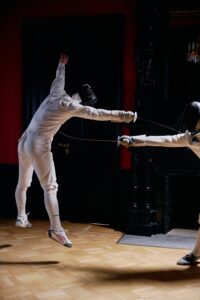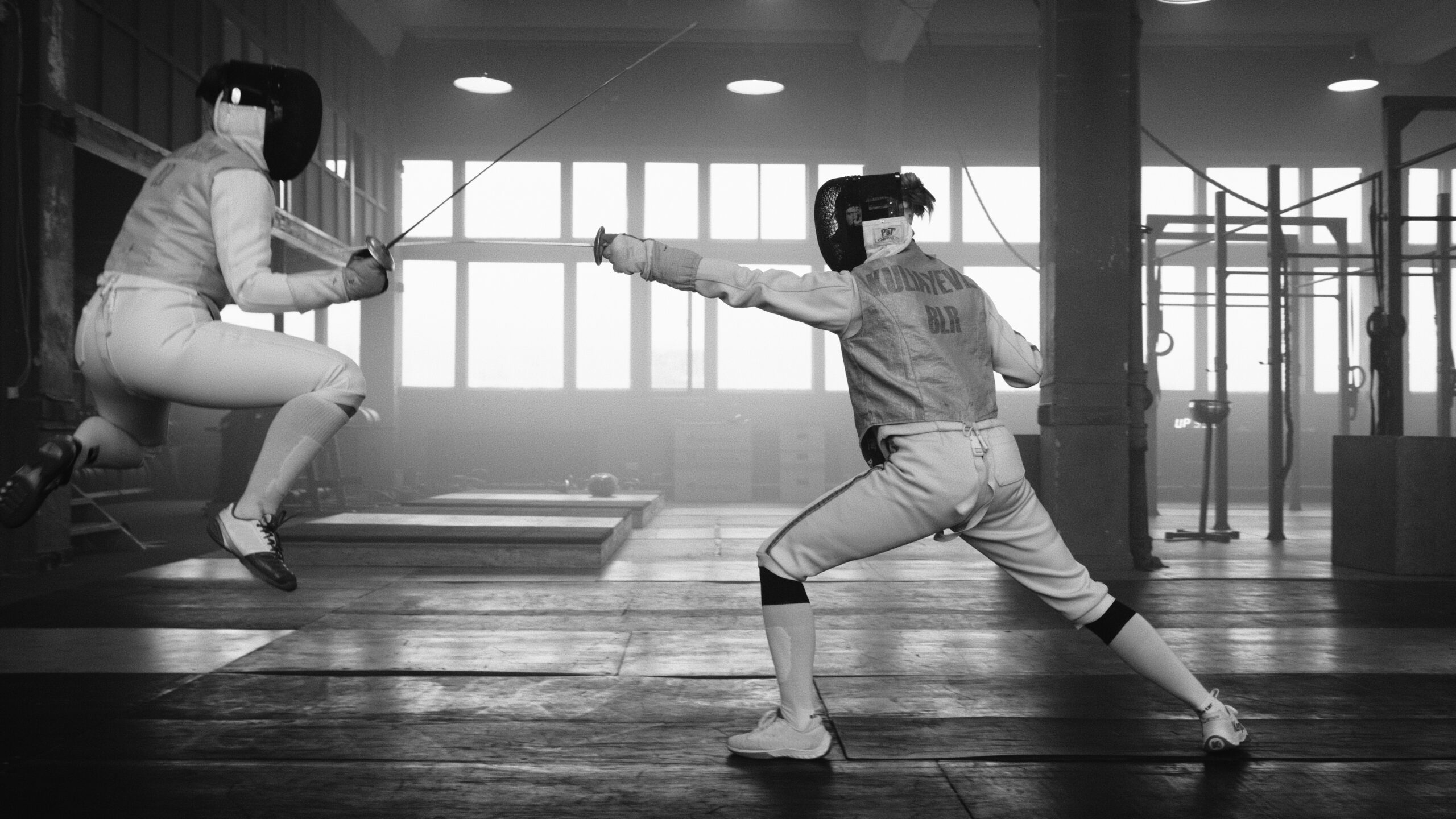The Three Weapons of Fencing Unveiled
Fencing comprises three unique weapons: the foil, épée, and saber. Each with its set of rules and target areas, demands distinctive tactical approaches. Foil, often considered the fundamental weapon, primarily targets the torso, adding layers of complexity. Epee, on the other hand, being heavier, allows hits on any part of the body. Lastly, the saber, steeped in cavalry tradition, restricts the target to everything above the waist.
Dueling through the Ages

Originating from the art of dueling, fencing has evolved throughout centuries from a means of survival to a modern-day sport. The discipline was designed for honing martial skills, originally practiced with heavy swords. Time passed, leading to refinement and subsequent transformation, resulting in the lighter, more precise fencing sport of today.
Fencing: An Olympic Legacy

The elegant art of fencing did not go unnoticed by the Olympic committee. The inaugural 1896 Athens games incorporated it, offering men’s foil and men’s saber events. Since the 1924 Paris Games, when women were first allowed to participate in the foil category, the sport’s popularity has increased globally, infusing vitality into the realm of swift footwork and strategic swordplay.
Final Thoughts
The world of fencing is a blend of precision and power, a fascinating play of speed, strategy, and subtlety. As we delve deeper, we witness an art with roots reaching back centuries, an Olympic sports legacy, and a canvas to showcase human agility, skill, and tactical wit. Truly, it is much more than it appears at first glance – it’s a ticket into a world where precision meets power, and strategy partners with elegance.


